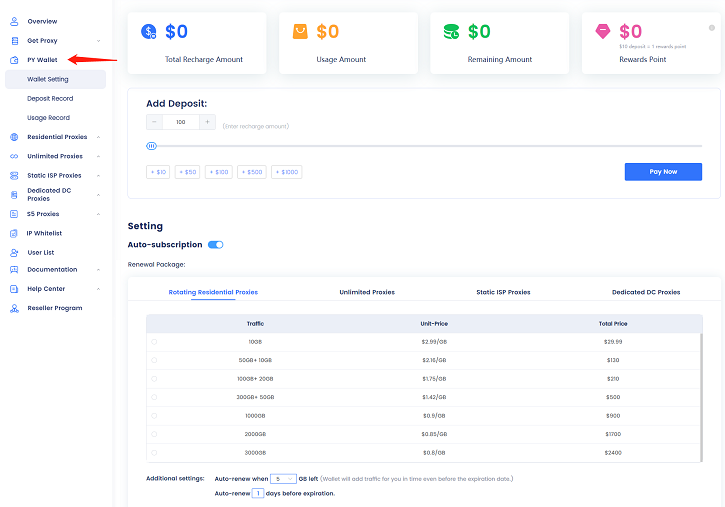qocsuing's blog
What is a Transparent Proxy
A transparent proxy, also known as an inline proxy, intercepting proxy or forced proxy, is a server that intercepts the connection between an end-user or device and the internet. It is called “transparent” because it does so without modifying requests and responses. Squid Transparent Proxy Server is a popular open source transparent proxy tool.To get more news about proxy-service, you can visit pyproxy.com official website.
For example, a user on a corporate network may be surfing the Internet. and views the same content as they would on their local connection at home.

However, unbeknownst to the user, the news article, but rather from a transparent proxy running on the corporate network. The user’s experience is exactly the same. However, the user’s employer now has the ability to monitor their behavior, and also restrict access to certain websites.
Transparent Proxies and Forced Proxies
Transparent proxies are sometimes known as forced proxies because they can be applied to a user’s connection without any change to their computer’s proxy settings.
As a result, a transparent proxy can be “forced” on a user without their consent or knowledge (although in many cases users are informed about the presence of a proxy). Some websites maintain unofficial transparent proxy lists, to help users become aware they are monitored.
Uses for Transparent Proxy on Client Side
You can deploy a transparent proxy on the client side, meaning that all traffic to and from a client endpoint is intercepted by the proxy. Use cases for client-side transparent proxies include:
Content Filtering
You can use a transparent proxy to filter out unwanted content, defined via proxy settings. For example, when a specific website is requested, the proxy can refrain from forwarding the request to the web server. Instead, it intercepts the connection and displays an error or notice to the user.
Gateway Proxies
You can use a gateway proxy to modify or block network traffic based on rules. For example, a firewall is a transparent proxy, which allows traffic to pass between an internal network and the Internet, but blocks traffic if it violates the firewall’s rule table.
Transparent Caching
If multiple people are accessing the same content from the same location—for example, many students viewing the same news site via their university network—it is more efficient to initially cache the content, and serve it from cache to subsequent users. A transparent proxy can do this for an organization, facility or neighborhood.
What is a Proxy Server?
A proxy server acts as an intermediary or middleman between a user and the websites they browse. They can be set up as a firewall or a web filter, acting as a layer of cybersecurity that prevents cyber attackers from entering a private network and protects your computer against malware and other cyber threats. In this article, we’ll discuss what a proxy server is, how it works, and its various benefits and use cases. To get more news about download proxy, you can visit pyproxy.com official website.
What is a Proxy Server?
A proxy server is a gateway that anonymously passes data between users and the internet. The proxy itself could be a computer system or a router.

When an individual uses a browser, they normally communicate directly with the internet, but with a proxy server, the proxy communicates with the internet on their behalf.
When someone uses a proxy server, the internet traffic goes through the proxy before reaching the destination computer. Since all communication is happening through the proxy, it offers some level of security and privacy, and a number of IT companies depend on proxy servers to filter out any potentially harmful data that might come in from the internet.
According to the FBI’s IC3 report for 2021, the United States received nearly 850,000 cybercrime complaints in 2021, an increase of 7.9% from the previous year, while the potential losses due to these crimes amounted to $6.9 billion. With this plethora of cyberattacks, it only makes sense to invest in security and privacy.
Benefits of Proxy Servers
Proxy servers have a fairly simple mechanism and yet add a lot of value to an IT company or other corporate entity. Here are some of the primary benefits and use cases for proxy servers.
Improved Security
This is the main reason why companies use proxy servers, as data breaches are expensive and can result in huge losses. Global losses due to cybercrime reached over $6 trillion in 2021 and is expected to top $10.5 trillion annually by 2025.
As a proxy server filters out malicious data from the internet before it reaches the company’s servers, it can act as an additional layer of security. A proxy server alone might not save the company’s network from all hacking attempts, but it can add to the security of the system and lower the risk of cyberattacks.
